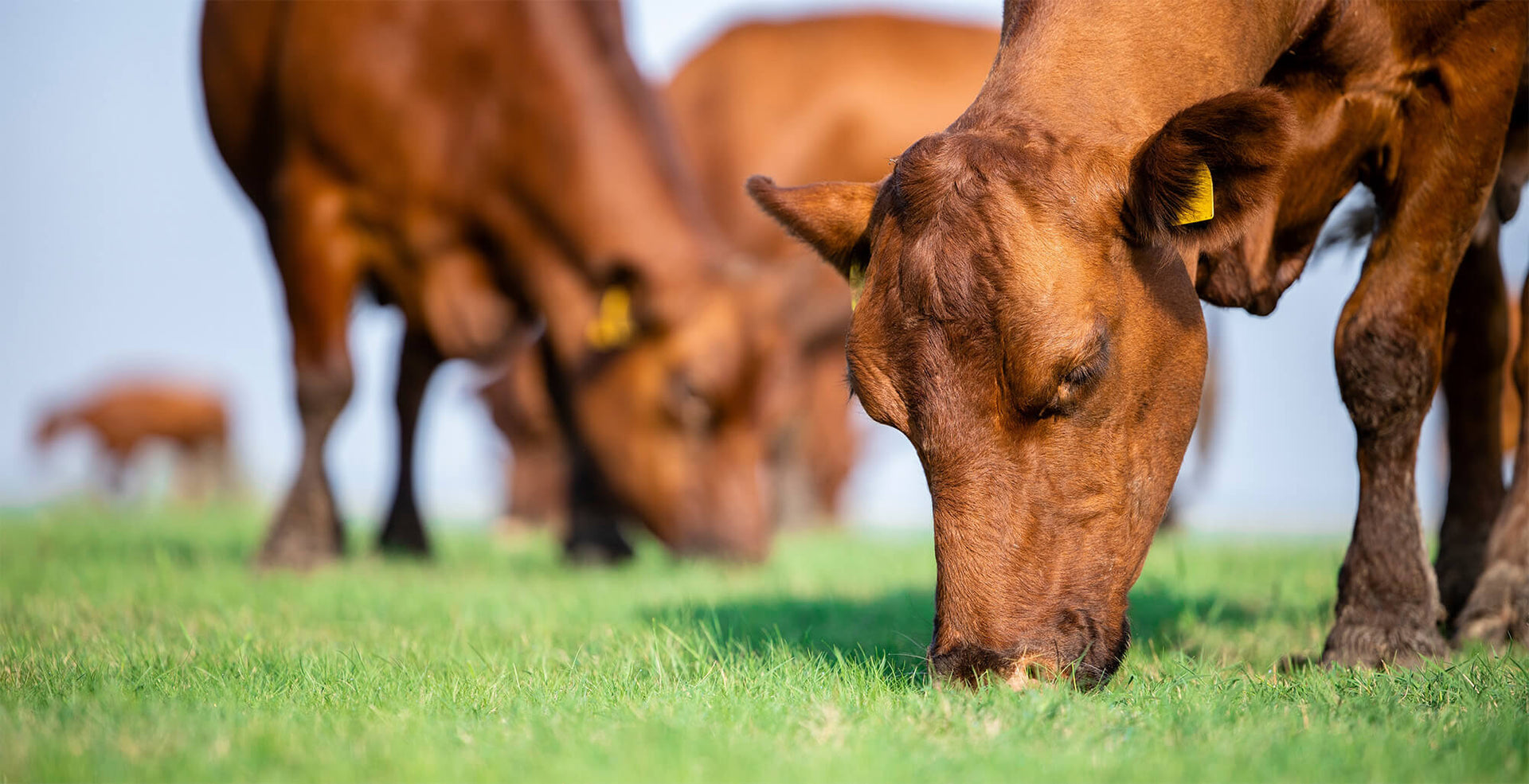What Does Grass-Fed Actually Mean?
When you see “grass-fed” on a label, what does it truly mean? And why does it matter? At Butchery Bocs, we take pride in sourcing high-quality, ethically raised meat from trusted Welsh farms. One of the biggest commitments we’ve made is to offer grass-fed and grass-finished beef—but what exactly does that entail?
What Is Grass-Fed Beef?
Grass-fed beef comes from cattle that have been raised on a natural diet of grass and forage for most or all of their lives. Unlike grain-fed or grain-finished cattle, these animals are primarily fed on pastures, grazing on grasses, herbs, and clover—just as nature intended.
Grass-Fed vs. Grass-Finished: What’s the Difference?
Many labels claim “grass-fed,” but not all are created equal. In the UK, some cattle may begin life on pasture but are later “finished” on grain in feedlots to fatten them up quickly.
At Butchery Bocs, we prioritise beef that is both grass-fed and grass-finished, meaning the animals are fed a natural, forage-based diet throughout their lives. This results in healthier, more naturally developed animals and a better quality product for you.
Why Grass-Fed Matters: The Benefits
1. Superior Flavour and Tenderness
Grass-fed beef develops a rich, distinctive flavour that reflects the wild herbs and grasses the animals graze on. Slow-grown and naturally raised, the meat has a beautiful marbling, leading to that melt-in-the-mouth texture and deep, beefy taste that’s hard to beat.
2. Nutritional Benefits
Grass-fed beef is lower in saturated fat and higher in key nutrients than grain-fed alternatives. It contains:
-
More Omega-3 fatty acids
-
Higher levels of vitamins A and E
-
Conjugated Linoleic Acid (CLA), linked to heart health and weight management
This makes it a smarter choice for health-conscious eaters who don’t want to compromise on taste or nutrition.
3. Better for the Planet
Supporting grass-fed farming means supporting regenerative agriculture. Grazing cattle naturally helps build healthy soil, improve biodiversity, and reduce the need for chemical fertilisers. When animals are rotated properly on pastures, the land can even become a carbon sink—absorbing CO₂ rather than emitting it.
At Butchery Bocs, our beef is sourced from small Welsh farms that practise traditional, sustainable farming methods. These animals graze freely on upland pastures, benefiting not only the quality of the meat but also the land they live on.
Animal Welfare and Ethics
Grass-fed systems often go hand-in-hand with higher welfare standards. These cattle live longer, more natural lives with space to roam, socialise, and forage. It’s a far cry from intensive factory farming.
By choosing our beef, you’re supporting local farmers who treat their animals with care and respect—from birth to butcher.
How to Spot the Real Deal
Unfortunately, “grass-fed” isn’t a regulated term in all parts of the world, so it’s essential to buy from trusted sources. Here’s what to look for:
-
Transparency: We’re open about where our meat comes from—Welsh family farms that we know and trust.
-
Clear Labelling: Don’t be fooled by vague terms—look for beef that is both grass-fed and grass-finished.
-
Traceability: We can trace every cut of beef back to the farm it came from.
Want to know more about our farming partners? Visit our Sourcing & Ethics page.
Final Thoughts
Choosing grass-fed beef isn’t just about better taste—it’s about supporting a more ethical, sustainable food system that benefits you, the animals, and the environment.
At Butchery Bocs, our promise is simple: honest meat, raised the right way.
Ready to try it for yourself?
Check out our Grass-Fed Beef and build your own grass fed beef box.
